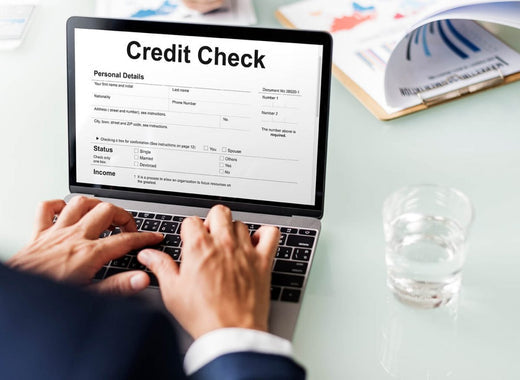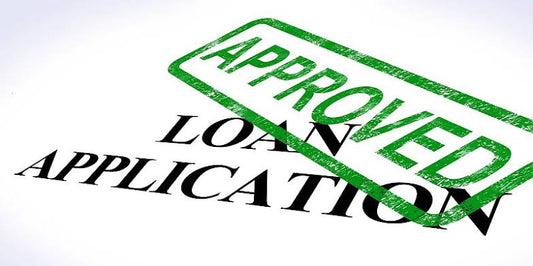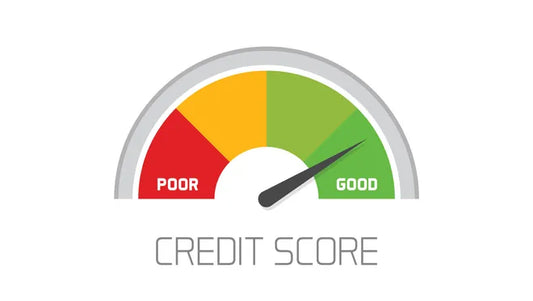Things to Consider Before Getting a Loan
Everything is just so convenient these days, even taking out a loan from banks and other financial institutions. But before you sign up for that loan, here are some helpful reminders.
1. Determine the Kind of Loan You Need
Why do you need to take out a loan? The answer will determine the right kind of loan and which lender to get it from.
If you just need a few thousand pesos to tide you over, you can get a payday loan or an online loan. But if you’re looking for a loan for funding a home renovation, a wedding, or a small business, you can get a multi-purpose loan or business loan.
2. Consider Your Debt-to-Income Ratio
How much do you need to borrow to fund your loan purpose? More importantly, how much can you afford in monthly repayments? One of the things that banks and loan providers look at is an applicant’s debt-to-income ratio, which is the percentage of your gross monthly income that goes to paying your monthly debt payments.[9]
3. Choose the Shortest Loan Term
When you take out a loan, you may be offered several loan term options. But keep in mind that longer loan terms mean paying more interest charges and higher interest rates over time. Not to mention, they’ll take you longer to pay off the loan and finally be debt-free.
On the other hand, a shorter loan term can improve your chances of getting approved. Loan providers prefer shorter payback periods because of the lower chances that your financial situation will change during the loan period.
4. Apply for a Realistic Loan Amount
Make sure that you have checked the loan qualifications and that you qualify before submitting your loan application. Banks and financial institutions offer minimum and maximum loan amounts, so it’s not guaranteed that you’ll be approved for the maximum amount. This will still depend on your income and your credit history.
5. Improve Your Credit Score
If you wish to apply for a loan and get approved, check your credit score. This is one of the major considerations of loan providers when approving or rejecting a loan application.
Take the necessary steps to fix a bad credit score, preferably while you still don’t need a loan. Improving your credit score does not happen overnight, but it can be done!
So pay off those delinquent credit cards or any unpaid loans. Get a copy of the bank clearance letter and check credit reporting agencies to see if your information is correct and updated.
6. Shop Around and Compare Fees
Check loan products of different loan providers so you can compare their rates and terms. If you can speak to a loan officer, ask questions about the loan application process, the requirements, as well as the repayment schedules, fees, and charges.
This way, you can get all the information you need and choose the right loan product for you. Also, it will help you understand if you have the financial capacity to promptly pay off the loan.
7. Get Your Paperwork Ready
Prepare all your income documents to facilitate a quicker loan application process, especially if you need the loan to get approved ASAP. Make sure they are the latest or the most updated and that all information is true and correct.
8. Consider the Fees and Charges
Read the terms and conditions and spend time studying the personal loan fees. How much are the application or origination fees? Are the late payment fees and prepayment penalty fees too high? You can find the least expensive loan by comparing the loan’s total cost, which includes fees and charges.
9. Don’t Apply for Too Many Loans
Applying for too many loans is a sign that you’re a high credit risk. This will alert loan providers that you’re really in a financial bind and it can negatively impact your loan application.
It’s best to learn about your available loan options to identify the right fit before submitting your loan application. Compare your loan options online using comparison websites like Junrix E-Services to learn about eligibility criteria, repayment options, and applicable fees.
10. Never Skip Payments
Missed payments will not just get you hit with a late payment fee, but it will also negatively impact your credit score and your relationship with your loan provider. As a result, it will be more challenging for you to apply for a new loan in the future.
To make sure you don’t miss a loan payment, set up an automatic debit arrangement on your savings account, or set a recurring reminder on your phone or computer a few days before your due date.
Final Thoughts
A loan can definitely help you out of a financial bind. But it’s a big financial responsibility, too. As much as possible, applying for a loan should be your last resort. Beef up your savings instead so you have money to cover all kinds of financial emergencies.
If this isn’t possible for now, don’t get the first loan offered to you. Compare loans to get the best rates.
Aside from the convenience that these easy-to-apply-for loans provide, make sure that the monthly payments are something you can afford. Whether it’s a short-term or long-term loan, pick one that will work with your current financial situation and your repayment timeline.



